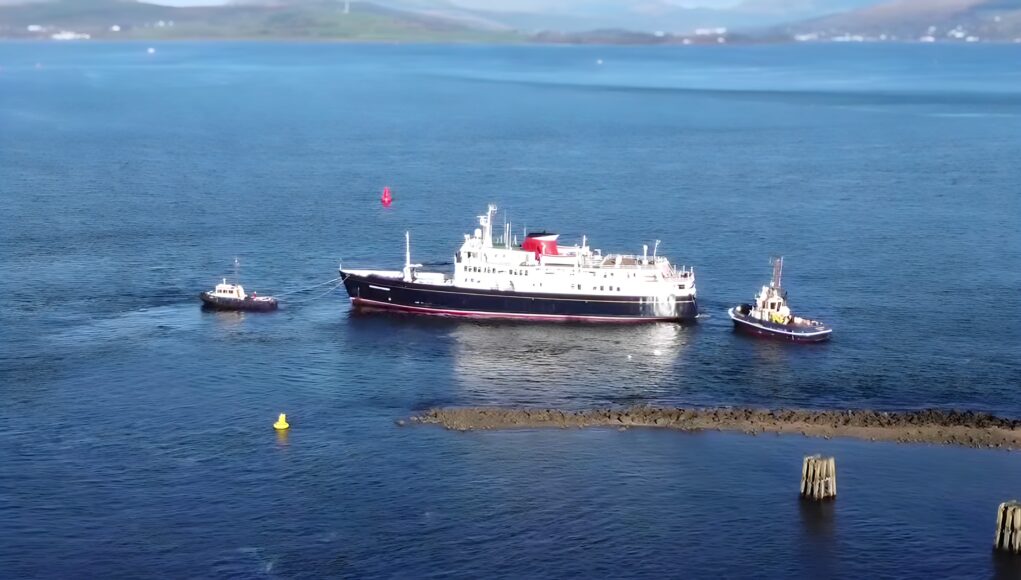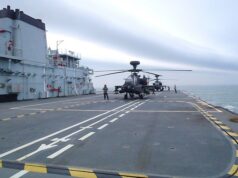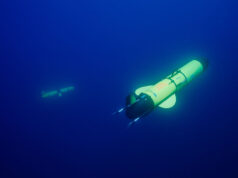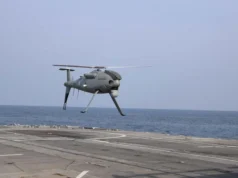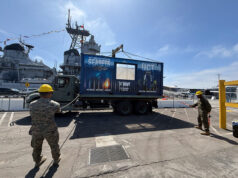An investigation report into the capsizing of the tug Biter off Greenock, Scotland, on 24 February 2023, has been published by the Marine Accident Investigation Branch (MAIB).
The incident resulted in the tragic loss of two lives, with the tug crew unable to escape after the vessel capsized while assisting the passenger ship Hebridean Princess. The Biter had been attached to the stern of the Hebridean Princess as it made its approach to James Watt Dock when the accident occurred.
“Tug Biter’s accident was another cruel lesson of how rapidly things can go dreadfully wrong. In less than 10 seconds the tug capsized, and two experienced seafarers lost their lives, because of a breakdown of the systems that should have kept them safe,” said Andrew Moll OBE, Chief Inspector of Marine Accidents. The investigation has raised significant safety issues related to the incident, including inadequate training for marine pilots and incomplete communication between the tug and passenger vessel crews, which contributed to the accident.
Key findings from the report highlight that the marine pilot’s training did not adequately prepare them to work with conventional tugs. Additionally, there was a lack of a shared understanding between the master of the Hebridean Princess and the tug masters, which hindered their ability to effectively challenge the pilot’s intentions. The excessive speed of the passenger vessel placed a significant load on the tug’s lines, likely causing the tug’s gob rope to render and fail to prevent the capsize.
The report also noted that the Biter‘s rapid capsize left the crew with insufficient time to release the towlines. Moreover, the tug’s open hatch compromised its watertight integrity, further limiting the crew’s chances of survival.
The MAIB has made several recommendations aimed at improving safety. These include advising Clyde Marine Services Limited, the owners of the Biter, to review its safety management system and risk assessments, particularly regarding the rigging of the gob rope, and to ensure tug masters undergo appropriate training. Clydeport Operations Limited has also been advised to commission an independent review of its marine pilot training and assess its pilot grade limits and tug matrix.
Further recommendations have been made to professional associations, urging them to develop guidance on the safety issues identified in the report.
This tragic accident serves as a stark reminder of the risks involved in tug operations and the need for robust training, communication, and safety protocols to protect those working at sea.


